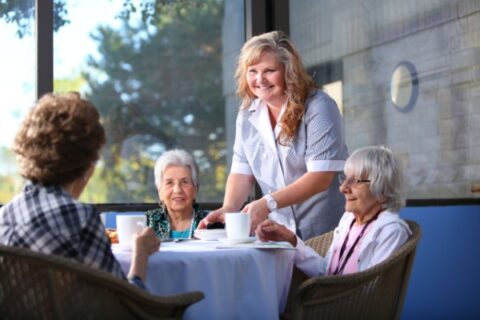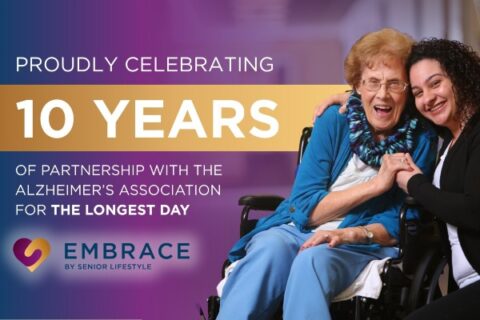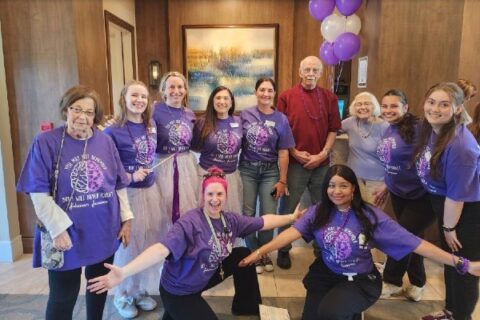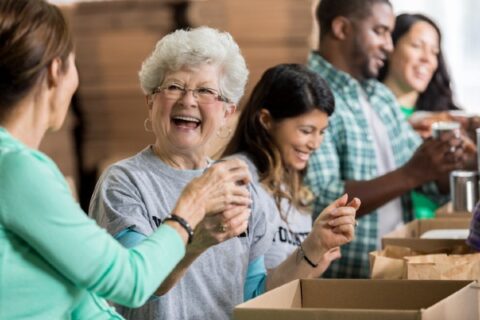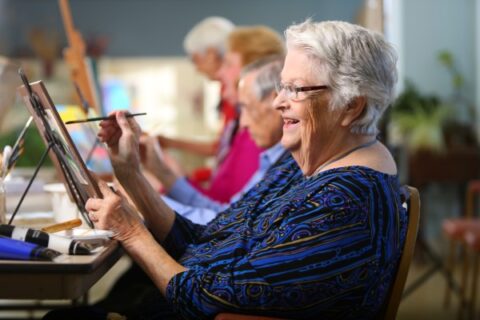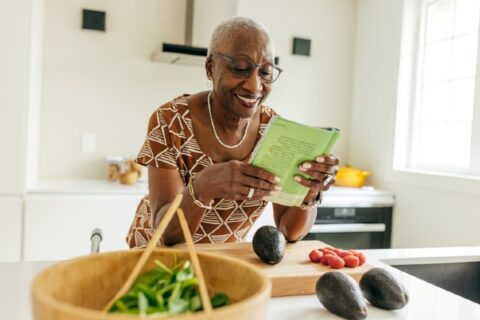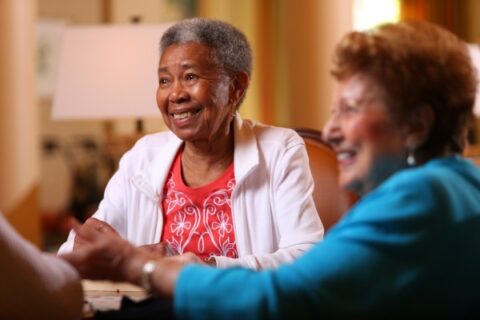Signature Experiences: Enhance by Senior Lifestyle
By Senior Lifestyle | July 02, 2025
At Senior Lifestyle, hospitality is at the heart of daily life—from warm welcomes to thoughtful gestures that promote comfort and well-being. That spirit of hospitality is now being elevated even further through Enhance, one of…

